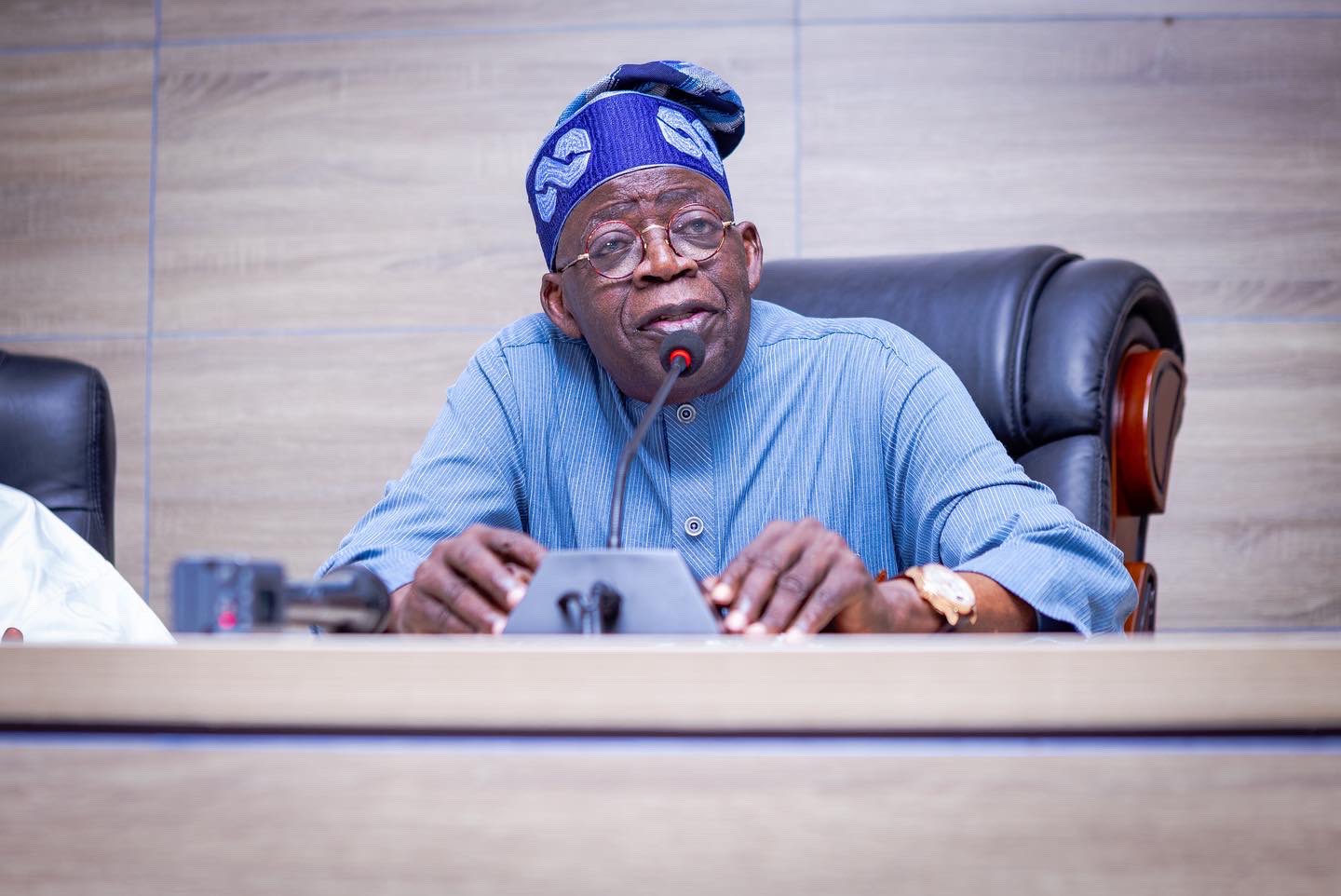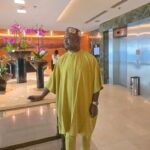By Zaidu Zaidu
“All leaders dream. But only a true leader can turn a dream into a vision and a reality.”
– Mohammed Bin Rashid Al Maktoum.
In the run-up to the recently concluded 2023 Presidential Election, Bola Ahmed Tinubu — then one of the foremost contestants, did not mince words in his promise to hit the ground running once he is elected into office as the 16th President of the Federal Republic of Nigeria.
Many Nigerians took this promise of his with a pinch of salt. After all, Nigerian politicians are notorious for often speaking from both sides of their mouths. But true to his campaign promise, it seems the President has definitely hit the ground running with the removal of fuel subsidy. In his inaugural speech, he also made it known that the era of subsidy is gone, and that henceforth, funds for subsidies will be diverted to other pressing needs like public infrastructure, education, healthcare and jobs.
“We commend the decision of the outgoing administration in phasing out the petrol subsidy regime which has increasingly favoured the rich more than the poor. Subsidy can no longer justify its ever-increasing costs in the wake of drying resources,” Tinubu said.
He also added, “We shall, instead, re-channel the funds into better investment in public infrastructure, education, health care, and jobs that will materially improve the lives of millions.”
This declaration came to Nigerians like a bolt of lightning from the blue. Not many people would have believed Mr. President would surely hit the proverbial ground running from the very first day. Predictably, fuel station owners increased fuel prices, despite the fact that the PMS in their tanks were bought at a subsidised rate. Some even closed down their fuel stations, hoarding in anticipation of the sort of scarcity that would enable them sell at a higher price. This just goes to show that for all the criticism we direct at our leaders, we, the followers, are not all that different from them. Our propensity to take undue advantage of every situation is a major reason why we are where we are today.
Of course, there is no denying the fact that fuel subsidy has been a bane to the country’s sustainable economic growth. Even top economic experts like the Head of the African Development Bank, Dr. Akinwunmi Adesina, share in this sentiment. According to him, “Fuel subsidy is killing Nigeria’s economy, costing it $10 billion alone in 2022.” In fact, a report by the Nigeria Extractive Industries Transparency Initiative (NEITI) shows that, between 2005 and 2021, Nigeria spent $74.39 billion (N13.69 trillion) on subsidy.
Efforts by past administrations to remove subsidy have often hit brick walls. In November 2022, the last administration made an attempt to remove the subsidy altogether and replace it with ₦5,000 allowance to mitigate the hardship that its removal would cause. But this plan was jettisoned after the Nigerian Labour Congress and the Trade Union Congress threatened to embark on an indefinite strike.
Now, with the current President taking the bull by the horns with this momentous decision, it’s unlikely that his administration would budge in their efforts to see that fuel subsidy becomes a thing of the past. This unlikeliness is further solidified by the fortunate establishment of the new Dangote Refinery, which not only has the capacity to produce 650,000 barrels of crude a day, meeting Nigeria’s local consumption needs, but could, according to the Central Bank of Nigeria, engender foreign exchange savings of between US$25 billion and US$30 billion annually for Nigeria.
Interestingly, Mr. President did not only hit the ground running with the removal of subsidies alone. He is also poised to pursue a single exchange rate, as this would help divert funds away from arbitrage into productive ventures needed to bring a major reform in the country’s economy.
Apart from the economic sector, Tinubu is also set to tackle the pertinent issue of security, because the safety of lives and property is the primary responsibility of every government. In his maiden meeting with the Service Chiefs and the Inspector-General of Police, he told them that all security agencies under him must unite to efficiently discharge the duty of ensuring a secured nation. Tinubu also demonstrated his desire to see a united security sector when he ordered the Department of State Services (DSS) to vacate the office of the Economic and Financial Crimes Commission in Ikoyi, Lagos.
This directive was necessary after several DSS officials stormed the EFCC office in Ikoyi and prevented the agency’s officials from entering the building. They also shot sporadically in the air as if they were armed robbers on a dastardly mission. According to an insider report, there has been a running battle between the two government agencies over the actual ownership of the building. And the DSS officials decided to settle the matter once and for all, a day after the new President was sworn in. But true to his nature of diligence, Mr. President did not play the ostrich. If he had, the end result would no doubt have been devastating. As such, his swift response to the DSS and EFCC fracas can be seen as an important step towards ending the era of inter-agency conflicts.
One of the most important qualities of a good leader is the ability to make sound decisions for all without minding whose ox is gored. President Bola Ahmed Tinubu has not put forward a wrong foot since he assumed office, and if he keeps on like this, he might even win over those who vehemently opposed his candidature. After all, not many Nigerians believed in late President Umaru Musa Yar’adua. In fact, the 2007 Presidential election that brought him into office was so flawed that he admitted it openly. But he would go on to not only win the hearts of many Nigerians, but also leave behind a legacy (particularly due to his Seven Points Agenda) that most of us frequently recall with wistful fondness despite the short time he spent in office.
As Mr. President continues to hit the ground running, I believe that he should be reminded of saboteurs, both within and without, and as such, remain wary of their insidious plots. Those who have long profited from the subsidy regime and other unhealthy government policies set to be ended will not just sit down and fold their arms. Progress often incites adversity. Even the Vice President, Kashim Shettima, GCON, acknowledged the fact that oil scam cabals are very powerful and would stop at nothing to undermine Mr. President’s decision. Hence, there is a need for well-meaning citizens of this great nation to rally round Tinubu as he begins to steer the country’s ship through stormy currents, toward fairer shores. And while we are doing that, hope is the last thing we should ever think of losing. As Ngugi Wa Thiong’o said in Weep Not Child, “Hope of a better day is the only comfort I can give to a weeping child.”
And just like Ngugi, I am saying, “Weep not, Nigerians. There are silver linings in these dark clouds, a bright star at the end of our long tunnel.”
May your road be rough, Mr. President (Apologies to Tai Solarin).

 Join Daily Trust WhatsApp Community For Quick Access To News and Happenings Around You.
Join Daily Trust WhatsApp Community For Quick Access To News and Happenings Around You.


